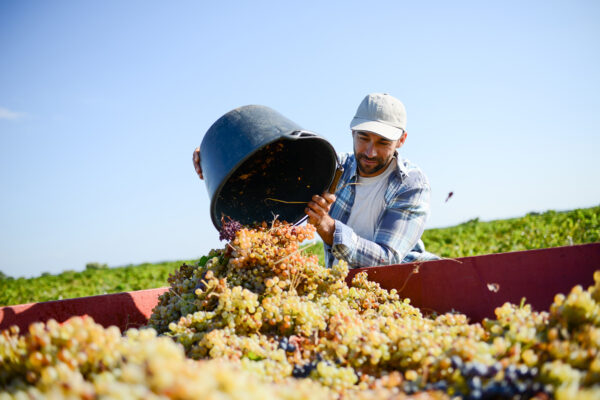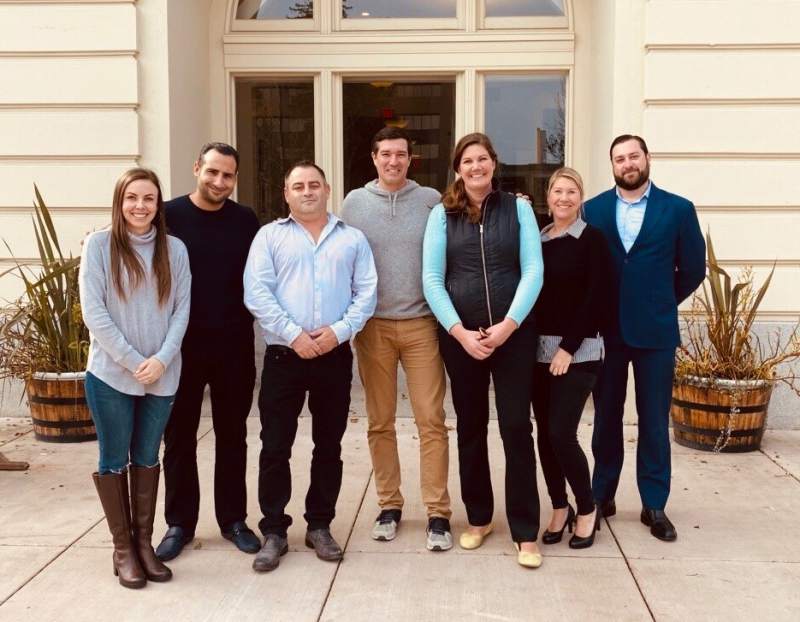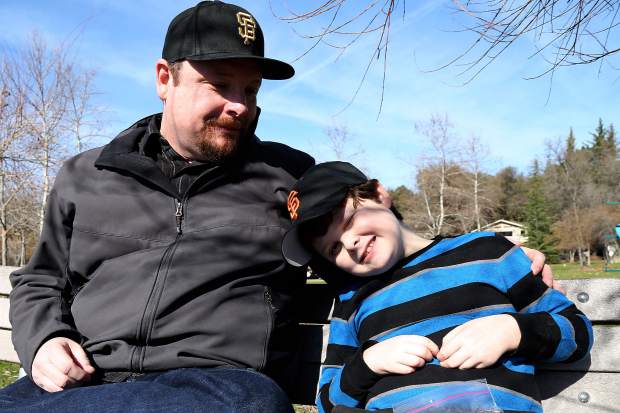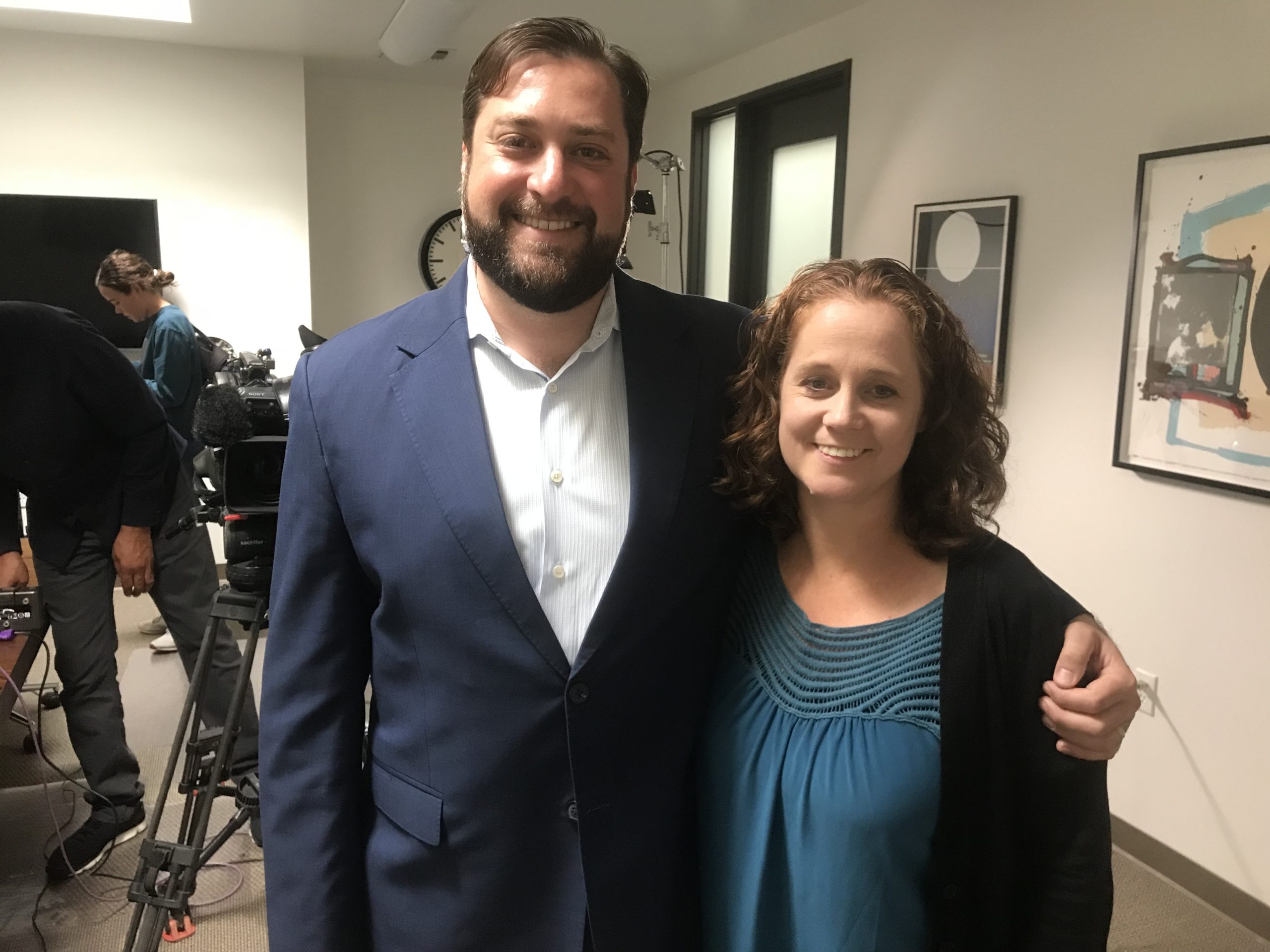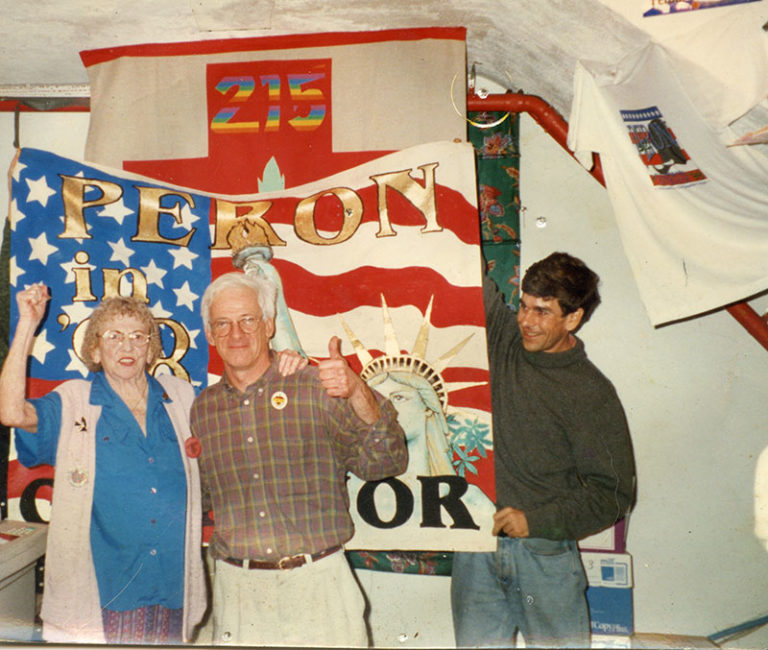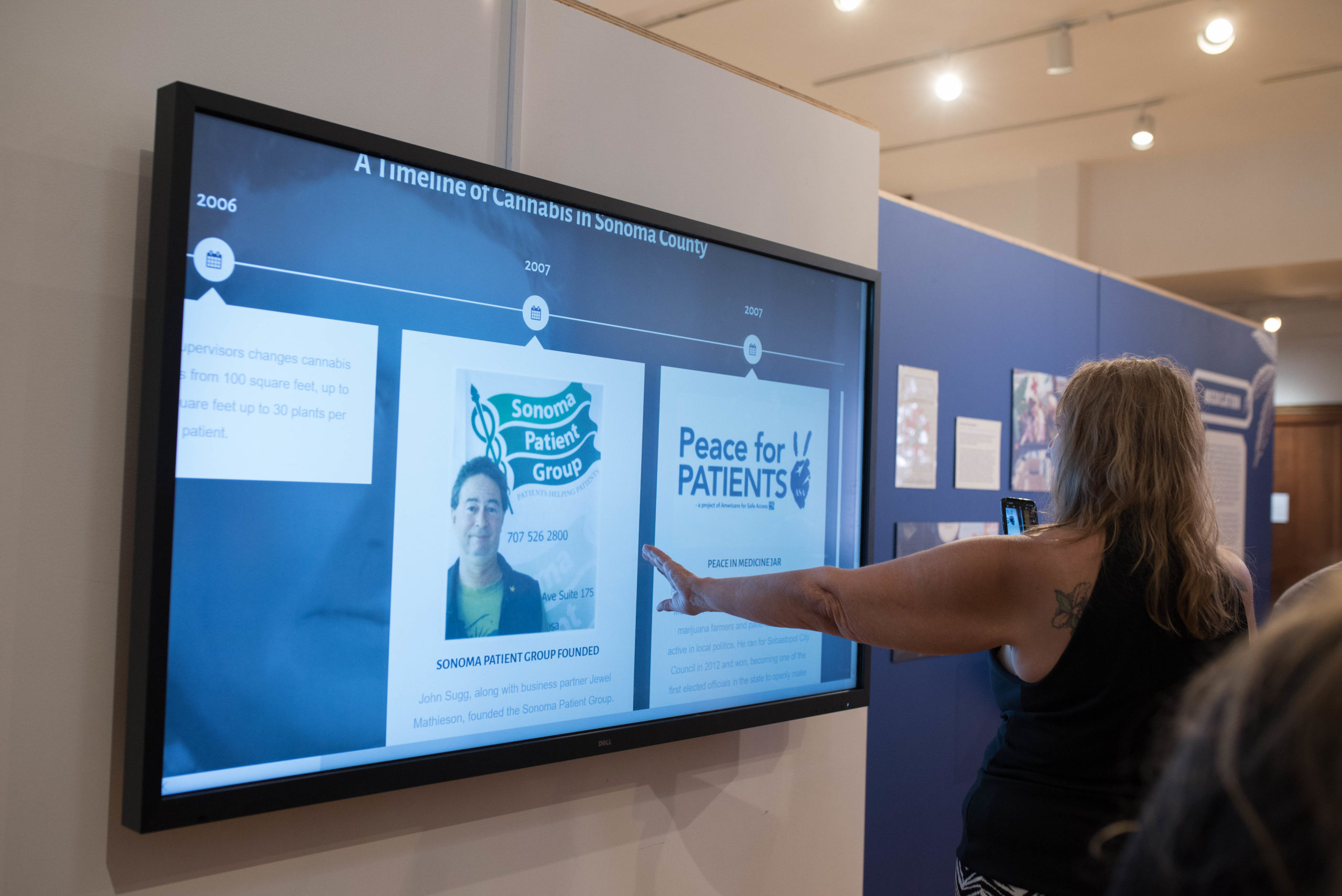Municipal social equity programs generally focus on providing the benefits of the program to the individual applicants.
While ensuring benefits to the individual applicant is important, we believe that equity programs should focus on benefits delivered to disadvantaged communities, and directed towards addressing the root causes of poverty through education, nutrition, infrastructure, and wellness.
As members of the Long Beach Collective Association, we have worked with fellow members, and submitted a policy paper to the City of Long Beach as they work to build and implement a successful social equity program. You can review the policy paper submitted by the Long Beach Collective Association here.
